Ovulation is a complex hormonal event that should happen in every woman's reproductive cycle.
Multiple follicles begin to mature inside your ovaries. One of them eventually becomes dominant, growing faster than all the others. This dominant follicle is the one that will be released from your ovary during ovulation.
How long does the process of ovulation last?
Ovulation is when a mature egg is released from one of your ovaries. It's then pushed down the fallopian tubes toward the uterus.
If a sperm fertilises the egg during its journey, it implants in the uterine lining and grows to become a foetus. If not, the egg disintegrates into the uterine lining and is shed during menstruation.
How long does ovulation last?
Ovulation only lasts a few minutes or hours, and if you're trying to get pregnant, you might be worried it's not a very large window for intercourse.
But there are about six days each month when intercourse can result in pregnancy; this is called your fertile window.
This is because sperm can survive inside your body for up to five days when fertile cervical mucus is present.
If you have sex a few days before ovulation, the sperm can reside in your fallopian tubes for ovulation to occur.
And if you have sex immediately after ovulation, the fastest sperm can reach the egg within a half hour, potentially in time to catch it before it dies.
How long do eggs last during ovulation?
As soon as the egg is released from the ovary, it has about 12 – 24 hours to live. If a sperm does not fertilise it during this time, it dies and is eventually shed with the uterine lining.
How long does a period last?
While menstrual bleeding typically lasts about three to five days, the length of bleeding is not associated with ovulation length or cycle.
Suppose you don't know how to effectively calculate your ovulation. In that case, you can use our free ovulation calculator or buy an ovulation test kit to properly evaluate when you're most likely fertile.


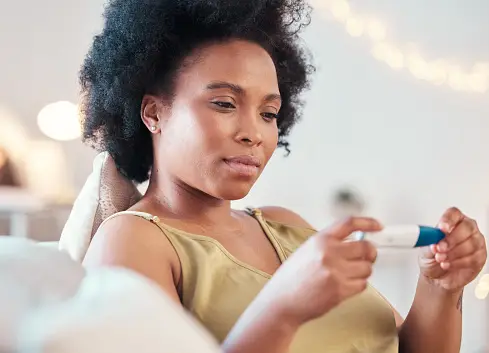
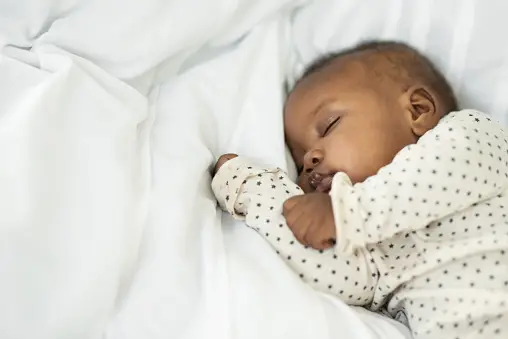
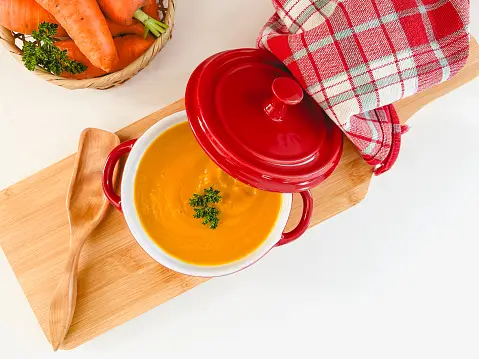

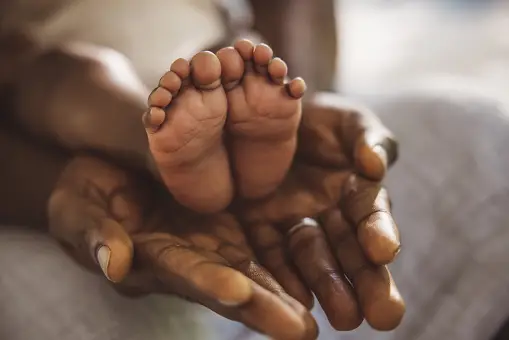
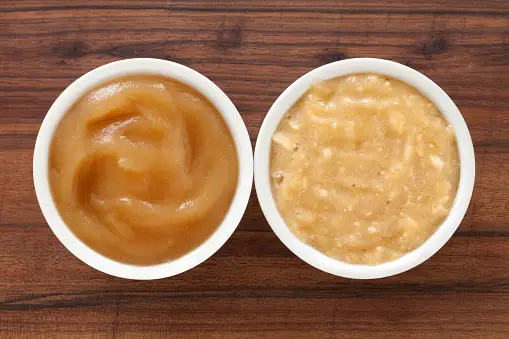
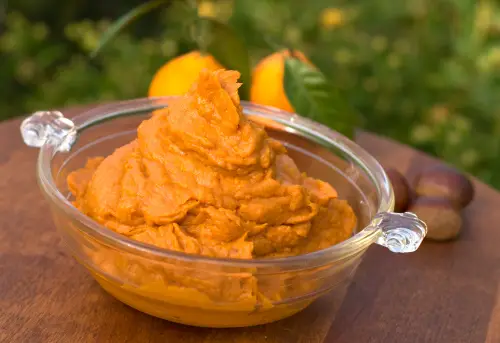
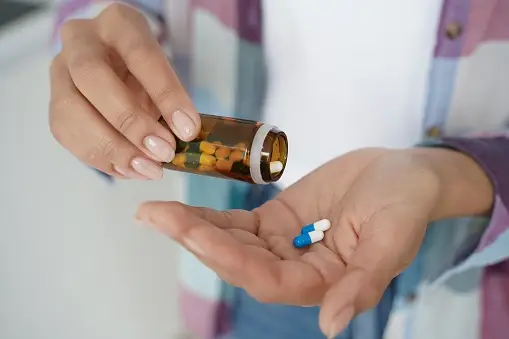
Comments